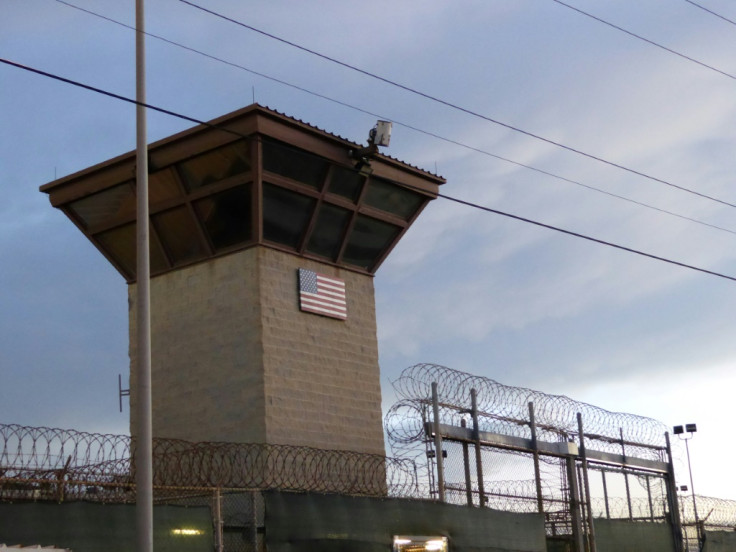
Teresa Medhurst, the chief executive of the Scottish Prison Service, has said that Scotland's prisons are at a "tipping point", given the extreme number of people incarcerated.
The prison boss was interviewed, as part of the television documentary 'Disclosure: Prisons On The Brink' which aired on BBC One Scotland this week.
"If I have to say enough is enough then it is because we are at a tipping point," Medhurst told reporters.
Data shows that roughly 8,000 people are currently serving time behind bars in Scotland, while experts have predicted that the number will rise to 8,700 by the end of this year.
With regard to the facilities being overpopulated, the chief executive went on to note that if the number of people incarcerated increases above 8,500, the Scottish government would be forced to consider releasing hundreds of prisoners early.
The prisoners would be released without any restrictions, similar to the series of early releases that were carried out during the COVID-19 pandemic.
"We cannot take any more. Prisons become very unsafe. The atmosphere, the tension, the volatility increases. Levels of violence increase, levels of self-harm increase," Medhurst explained.
Already, the Scottish Prison Service is planning to double the number of people being released early - placing each person on an electronic ankle monitor.
While the Prison Chief told reporters that "at the moment", Scotland's Prison Service is "confident that we can manage between now and the springtime", Medhurst went on to say that the predicted number of prisoners for March and April, made her "less comfortable" with the idea that the service could cope.
According to the Chief Executive, the prison service is also discussing plans that would see a series of new pre-fab housing blocks being built, to increase the capacity of prisoners being held in Scotland.
The BBC Disclosure documentary team were welcomed into HMP Perth, known for housing male prisoners who are serving shorter sentences – serving less than four years.
HMP Perth, also known for being Scotland's oldest prison, has the capacity to hold 630 people, but currently, the short-term facility is holding 662 prisoners.
To speak to those incarcerated in HMP Perth, BBC Reporter Lucy Adams was escorted around the facility by officers.
One inmate, Chris Martin, told reporters that he was being released in the coming months and wanted to leave his turbulent past behind him.
"I'm getting a job. I want to start a family. That is living to me. What I'm on about. That is life," Martin said.
"I want to just be able to live a normal lifestyle," he added.
Scotland's Prison Service Executive also told reporters that the force was being urged to figure out a plan that would see more people diverted away from court and given 'public service' punishments that did not consist of a prison sentence.
Efforts are also being put towards tackling the backlog of prisoners on remand, considering the huge number of people who are awaiting trial while being held in prisons Medhurst said.
The number of people who have been remanded in Scotland's institutions has increased to record levels in recent years, the chief executive explained, noting that almost 25 per cent of the prisoners have not been convicted.
Data shows that the backlog of those on remand is one of the biggest sources of overpopulation.
David Gray, who is on remand and awaiting trial in HMP Perth, told reporters: "They just don't have the numbers or manpower to deal with the scale of the problem in here."
"It's a bad mix, services not being there if people do want to talk, and ones who just don't want to in general. Combined with drug use," he added.
Gray went on to reveal: "Another part of it as well is toxic masculinity where men, especially the kind of men in here, don't want to talk about their problems."







